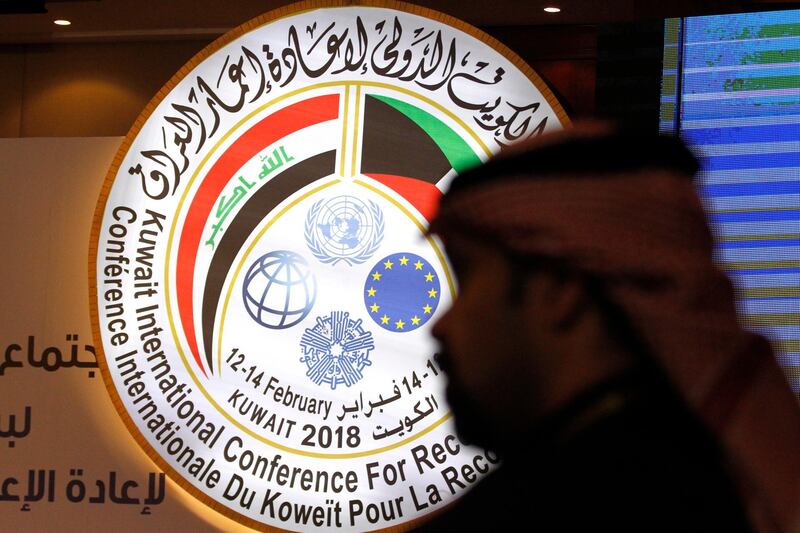Kuwait has halted all foodstuff imports and water from Iraq after reports of cholera cases went on the rise in Basra and other parts of the country.
The Iraqi ambassador to Kuwait has filed a complaint at the ministry over the move to cut trade ties saying that the fear is unwarranted.
Kuwait has taken the decision based on “factual journalism” that has reported cases of cholera breaking out around the country. The World Health Organisation has yet to issue a report on the status of the waterborne disease, but cholera has been a concern in Iraq since a major outbreak in 2007 infected 7,000 and killed 10.
Kuwaiti newspaper Al Rai, citing a source in the embassy, said that the move will negatively impact trade between the two countries. The embassy asked that Kuwait set a timeline for the temporary ban on food imports and that they look at the situation in Iraq.
The World Health Organisation said that cholera can be transported by food and livestock and that measures should be taken to avoid international exposure.
“A person can become infected by drinking water or eating food contaminated by the bacterium…common sources of foodborne infection include raw or poorly cooked seafood, raw fruit and vegetables,” said a website on WHO.
The organisation said that cholera outbreaks in Iraq typically occur every three to five years beginning in September and continue through to December. Cases naturally decline but little has been done to avoid the risk.
_____________
Read more
Abadi sacks Iraq's electricity minister after protests
Iraq says Saudi to sell power at a fraction of Iran's price
Iraqi farmers fight to save cattle as drought tightens its grip
_____________
Dates are Iraq’s main fruit and vegetable exports to Kuwait. In 2016, it accounted for up to 10 per cent of trade with their southern neighbor.
Kuwait has a long history of reliance on Iraq's freshwater sources to provide potable water. Kuwaiti merchants have imported river water from Iraq's Shatt Al Arab since 1920.
The Kuwaiti Health Ministry advised citizens against travelling to Iraq based on the current health conditions in certain parts of the country. The decision is not up for review.
However, Iraq this summer suffered from a water shortage in the south of the country sparking unrest in cities like Basra for months. Reports also claimed that Iraqis were getting sick from using water from the Shatt Al Arab because of the high salinity coming in from the Arabian Gulf.
This wasn’t the first time that Iraq’s southern neighbor, which had been importing food from Iraq for generations, stopped food trade over fears of communicable diseases.
Kuwait recently provided aid to Iraq by sending four seawater desalination units in the wake of the unrest over water scarcity. It also sent 17 mobile power generators capable of providing 30,000 kilowatts of power in August.





